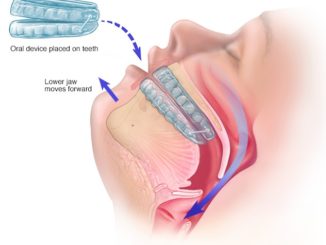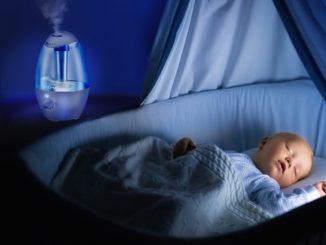
Are you looking to kickstart your health and fitness regime and lower your blood sugar? If so there is one area of your life you need to get in order – your sleep. For some people, the key to better weight control could lie in a good night’s sleep!
As much as a challenge it may be, sleep is going to be the single most significant factor in how healthy you feel. Don’t believe me? Go on five hours of sleep for two to three weeks in a row and see how you think and how many snacks you eat to gain energy. You will become miserable. Now, you may be one of those very few people who does not need much sleep, but most people are not like that. They need to sleep to survive and stay healthy. Therefore, it can be helpful to come to understand the main factors influencing your sleep so you can ensure they are not hindering your shut-eye.
For just about everyone, three things will have the most significant effect. I call these the three “S’s.” They are…
1. Stress. If you are feeling stressed, this is going to impact your ability to fall asleep. We all experience stress at times, but the more we can get control over our anxiety, the healthier we will be.
Not sure how to combat stress? Try meditation. Or even deep breathing if you cannot meditate for whatever reason. Exercise is also a helpful way to help reduce stress.
2. Screens. Electronic screens are another significant source of stress to avoid. The issue is electronics are going to emit a type of light that tends to stimulate your brain. In doing so, it wires you to be awake, making it next to impossible to fall asleep.
Many people are in the habit of looking at their cell phone before they fall asleep: this is one of the worst actions to take when hoping to fall asleep. Turn off your cell phone and any other electronics at least an hour before bedtime.
3. Stimulants. Watch your stimulants: caffeine can be hindering you. How many people drink coffee well into the afternoon and then complain about sleep problems? Too many to count. Cut out caffeine if you can and if you can’t, then at least limit yourself to drinking no more than 100 mg before 10 am. This way the caffeine will be mostly out of your system before bed.
Keep in mind caffeine has a half-life of six hours so after six hours have passed, half that caffeine still resides. Caffeine consumed six hours before bedtime affects sleep amounts by over an hour. Because of this, if you are having sleep issues, you need to stop drinking coffee 12 hours before bedtime. Try decaf instead.
It is essential you get the rest you need: sleep deprivation can put on pounds even if you eat well and exercise.
Proudly WWW.PONIREVO.COM



